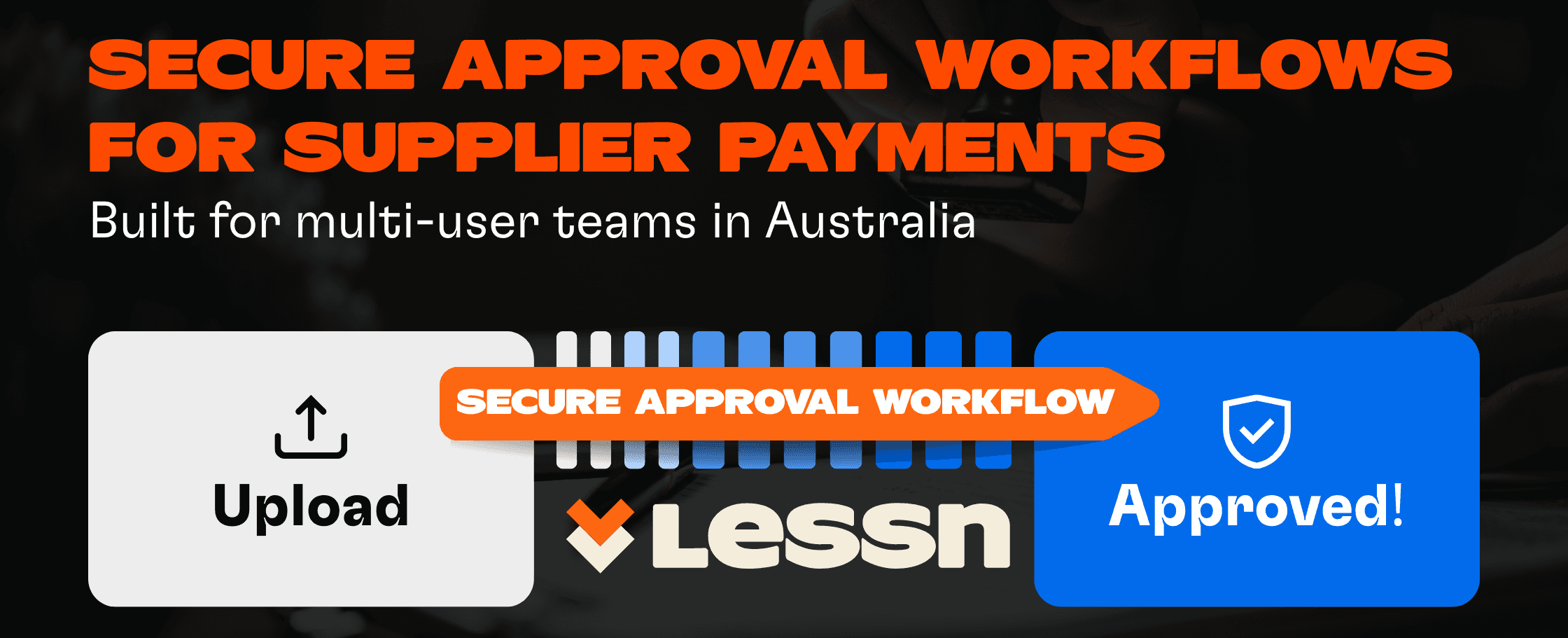B2B Payments - The Revolution Never Ends
Dec 9, 2023
In the rapidly evolving landscape of business-to-business (B2B) transactions, recent innovations in payment technologies have brought about a paradigm shift, offering unprecedented...
In the rapidly evolving landscape of business-to-business (B2B) transactions, recent innovations in payment technologies have brought about a paradigm shift, offering unprecedented efficiency and convenience. As a small business owner, it’s crucial to stay abreast of these developments, as they can significantly impact your financial operations, streamline processes, and contribute to overall business growth.
The Rise of Innovation in B2B Payments
Historically, B2B payments were often associated with complex processes, lengthy transaction timelines, and a reliance on traditional banking systems. However, recent innovations have disrupted this status quo, ushering in a new era of efficiency and flexibility.
Real-Time Payments:
One of the notable advancements in B2B payments is the advent of real-time payment solutions. Traditional bank transfers often took days to process, causing delays in supplier payments and impacting cash flow. Real-time payment options now enable businesses to transfer funds instantly, reducing payment cycles and providing greater liquidity.
Digital Wallets and Mobile Payments:
Digital wallets and mobile payment platforms have gained prominence in the B2B space. These technologies offer a convenient and secure way for businesses to make payments, eliminating the need for physical checks or cumbersome transfers. With the increasing use of smartphones, digital wallets provide a seamless experience, allowing small businesses to transact efficiently.
Blockchain Technology:
Blockchain, the underlying technology behind cryptocurrencies, has found applications in B2B payments. Its decentralized and secure nature ensures transparency and reduces the risk of fraud. Blockchain-based solutions streamline the payment process, enhance security, and provide an immutable record of transactions, fostering trust between parties.
Integration of AI and Automation:
Artificial intelligence (AI) and automation have been instrumental in transforming B2B payment processes. AI-driven systems can analyse transaction data, identify patterns, and predict future payment behaviour. Automation reduces manual intervention, minimizes errors, and accelerates payment processing, allowing small businesses to focus on strategic initiatives rather than administrative tasks.
How B2B Payment Innovation Benefits Your Small Business?
As a small business owner, these innovations hold immense potential to reshape your financial landscape and drive operational efficiencies.
Improved Cash Flow Management:
Real-time payments and faster processing times contribute to better cash flow management. With quicker access to funds, small businesses can meet financial obligations promptly, negotiate early payment discounts, and maintain a healthier financial position.
Cost Reduction:
The streamlined nature of digital payments often translates into cost savings for small businesses. Traditional payment methods, such as credit accounts, come with associated costs like printing, postage, and processing fees. Switching to digital options eliminates these expenses, contributing to overall cost reduction.
Enhanced Security and Fraud Prevention:
Blockchain technology and advanced encryption methods bolster the security of B2B transactions. Small businesses can benefit from reduced fraud risks, ensuring that their financial transactions are secure and protected.
Time Savings and Increased Efficiency:
The integration of AI and automation reduces the time spent on manual administrative tasks. Small business owners can redirect their focus towards core business activities, leading to increased productivity and efficiency.
Implementing B2B Payment Innovation in Your Small Business
To harness the benefits of B2B payment innovation, consider the following steps:
Evaluate Your Current Payment Processes
Assess your existing payment workflows and identify areas where innovation can bring improvements. Understand the pain points in your current processes to pinpoint the most suitable solutions.
Choose the Right Technology Partners
Select technology partners or platforms that align with your business needs. Look for solutions that offer scalability, security, convenience, and ease of integration with your existing systems.
Train Your Team
Ensure that your team is well-versed in utilizing the new payment technologies. Training your staff on the features and benefits of these innovations will contribute to a smoother transition and successful implementation.
4 Stay Informed
The landscape of B2B payments is continually evolving. Stay informed about emerging technologies, industry trends, and regulatory changes that may impact your business. Being proactive in adapting to new developments will keep your small business ahead of the curve.
In conclusion, the recent innovations in B2B payments present a golden opportunity for small businesses to optimize their financial operations. By embracing real-time payments, digital wallets, blockchain, and automation, small business owners can unlock efficiencies, enhance security, and position their businesses for sustained growth in an increasingly competitive marketplace. It’s time to leverage these advancements and propel your small business into a more efficient and prosperous future.
Continue Reading
START REWARDING YOUR HARD WORK TODAY
Join Australian businesses turning payments into rewards.




